Shanghai Cooperation Organization Summit 2022: New context, new directions
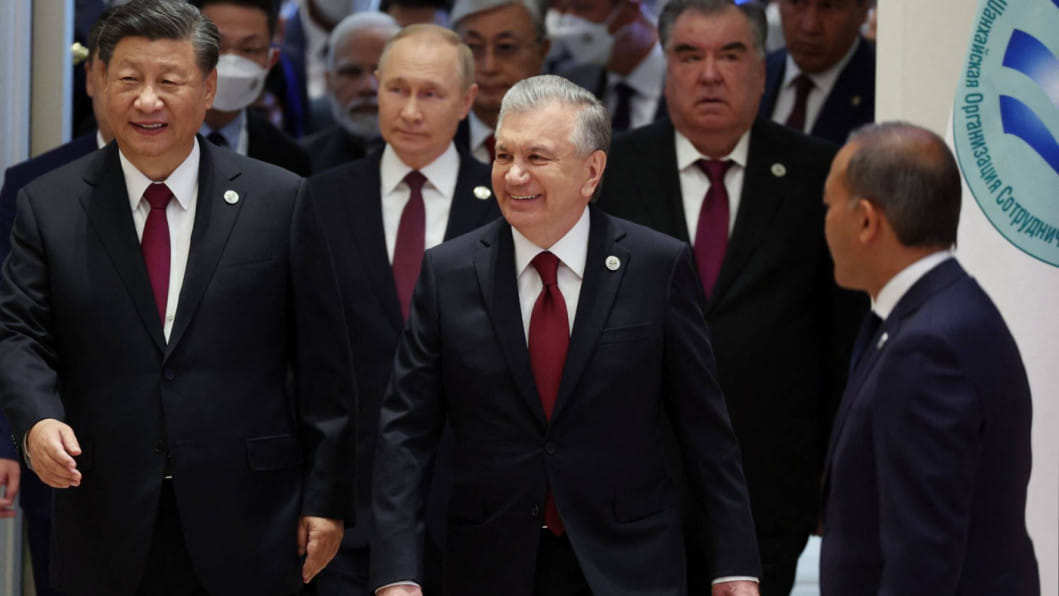
The Shanghai Cooperation Organization's (SCO) 22nd annual summit of heads of states took place in Samarkand, Uzbekistan, on September 15 and 16, 2022. What we have seen is that the summit was held at a very significant time since its inception, particularly as the world right now is experiencing a new reality. It took place at a time when Russia, China, and their allies are at loggerheads with the West. In fact, the West has visibly been facing a resurgent China and Russia over the past decade.
Russia is currently engaged in a war against Ukraine, but the underlying fact is that the war is taking place between Russia and the West. The relationship between Russia and the West is not only marked by war but also by economic and cultural dimensions. Of course, the war is being fought according to strategic calculations. Russia has historically been tagged as a threat by the West and now the war has added a new dimension to the situation.
On the other hand, the Taiwan crisis has further deteriorated, and very recently, US President Joe Biden had expressed his will to support Taiwan under any circumstances. Though the crisis in Taiwan has been somewhat defused, it continues in different forms. The Ukraine war and the Taiwan crisis have already led to different strategic and economic implications for the world.
China was the one who started the Shanghai Cooperation Organization. Since the Belt and Road Initiative (BRI) is not a formal regional or global organisation, SCO got the privilege to maintain its institutional format and has become an effective multilateral forum for China. However, as indicated above, the SCO summit 2022 becomes very significant considering the context. The presence of the Indian Prime Minister Narendra Modi carried a strong message from the platform since his presence was not certain prior to the visit as China and India have recently fought over border issues and they remain largely hostile in the policy domain. The Ukraine war somehow put the two neighbouring rival states on a common platform, but the overall atmosphere between the two is antagonistic in nature and is marked by differences and disagreements with the divergence of threats and perceptions of security and peace.

The SCO emerged as a major platform where for the first time during the time of Covid-19 the Chinese President Xi Jinping went for a bigger gathering. From that point of view, it was an opportunity for the Chinese president to meet with the Indian and the Russian leaderships in person. The platform also provides a triangular format of talks to communicate where current global issues were discussed. One of the major issues that featured prominently was the Ukraine war. The Indian prime minister asked for an end to the Ukraine war and the Russian leadership responded that they also wanted it to end.
The position of India reflects different realities. The Ukraine war cannot be justified based on the United Nations charter or international law and norms. Therefore, India, or for that matter, any country, has the moral ground to ask for an end to the war. However, Russian President Vladimir Putin took it in a very diplomatic way. He responded by saying that Russia also wanted to end the war. Russia could not deny the Indian leader's concerns about the war. It was a diplomatic victory for India for two reasons. The first is that it has upheld India's recent non-aligned position that it maintains distance from bandwagoning its powerful allies in the West. The other is that it must have pleased the western world as India raised the issue of stopping the war. They might take some kind of satisfaction because Russia was under some pressure.
The SCO conference carries a great deal of significance for another issue, that is, outside Europe or the West, this is the platform barring Brics that offered the opportunity to three dominant global actors – China, India and Russia – to meet in person and discuss bilateral and multilateral issues. Besides, India is expanding its sphere of influence, and China and Russia are doing the same. These three powers have formidable military and economic capabilities and they are building their own position in global politics, although they have their differences.
Apart from these three, the SCO has other prominent members. Their participation was also very significant because this particular organisation is becoming the alternative to the West-led processes. Although members of SCO have affiliations with other actors like the USA, Germany, UK, France, and Australia on the one hand, Asia-Pacific Economic Cooperation (APEC), Quadrilateral Security Dialogue (QUAD), or even Indo-Pacific Economic Framework (IPEF), SCO provides some different insights. In the present context, Asian or African countries may search for a platform, which would be significant geopolitically and economically outside of Europe or the West. One cannot deny the fact that the West carries the baggage of colonial legacy and maintaining hegemony. The world had moved from the "Pax Britannica" to "Pax Americana" and is now in a flux. This forum serves as a geopolitical platform in the context of the current world order.
The SCO has observer states and dialogue partners. It may soon accept new members. On a significant note, Turkiye has shown its interest to join the organisation. Therefore, the timing of the conference was very critical.
The conference has particularly benefitted China and Russia, giving them the opportunity to interact with other countries including India at a point of time when the western world is trying to isolate China and Russia in different ways. From that diplomatic point of view, the summit was successful. And another diplomatic outcome is that the Chinese president visited the Central Asian countries to boost its bilateral ties. The Central Asian states have huge geopolitical importance and have closer ties with Russia. Many of them, after their independence, got assistance from the USA and the West. Despite the West's presence in the region, over the years, China and Russia have been able to maintain their dominant role in the region. The West may see this as a looming challenge to their new diplomacy and strategic manoeuvring in the world.
Dr Delwar Hossain is a professor of international relations at Dhaka University and a security and global affairs analyst.

 For all latest news, follow The Daily Star's Google News channel.
For all latest news, follow The Daily Star's Google News channel. 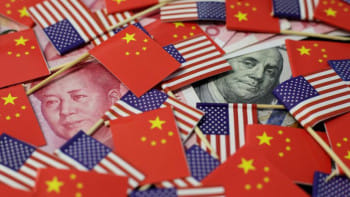



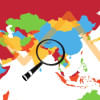
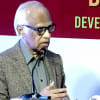
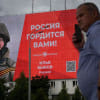



Comments